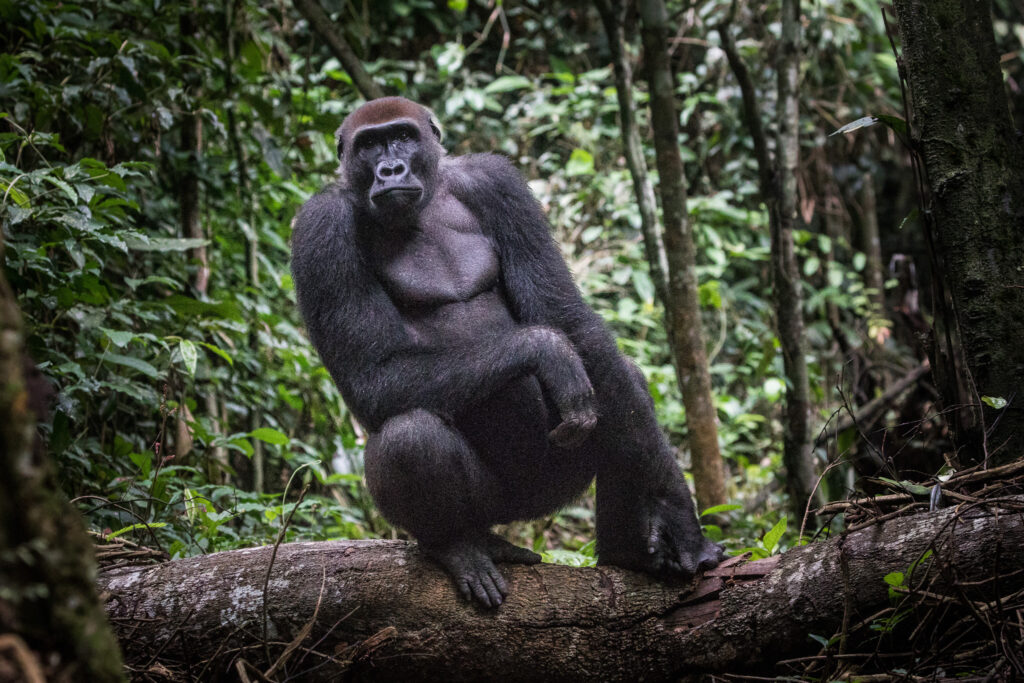
The Republic of Congo has expanded the Nouabalé-Ndoki National Park to include the Djéké Triangle, a 95-square-kilometer area of forests rich in biodiversity and carbon. The park, created in 1993, now covers 4334 km2.
Djéké comprises unlogged forests sheltering Critically Endangered western lowland gorillas and other species. It is also the source of food, livelihood and other benefits for local communities.
This gazettement follows 25 years of scientific research on gorillas and two years of community consultations by the Wildlife Conservation Society (WCS).
On February 10, 2023, the Congolese Government ratified the park’s management plan, which aims to benefit nature and the people living around the park.
“This is an example to follow for the creation and extension of protected areas in the region, which must be done with the best interests of the country, its inhabitants and its wildlife,” said Ms. Rosalie Matondo, the Forest Economy Minister.

“The inclusion of the Djéké triangle into the park not only provides protection of high-integrity forest and its unique biodiversity but also secures the customary rights of the communities to access and benefit from resources they depend on, such as honey or caterpillars. We are now assured that this forest will remain intact in perpetuity,” said WCS’s Ben Evans, the park’s management unit director.
During the final community meeting in late January 2023 to obtain consent for the gazettement, Gabriel Mobolambi, chief of Bomassa village, the closest settlement to the Djéké triangle, said the park’s extension will not harm their livelihoods.
“We are not prohibited from activities such as harvesting leaves, mushrooms or honey, or fishing, all of which are allowed parts of the park; what we are prohibited from doing is using firearms, and we agree on this because we know that in Djéké there are gorillas habituated to human presence, and if we use guns, we risk disturbing them,” he said.
The Djéké triangle is home to WCS research sites that have advanced the scientific knowledge of western lowland gorillas, one the least well-known of the great apes.
Nouabalé-Ndoki National Park was created in 1993 and expanded in 2012 when the 374 square kilometers of undisturbed forests harboring chimpanzees was added to it.
The Republic of Congo, 60 percent of which is covered by forests, has a dozen protected areas representing about 13 percent of its territory. The country also recently announced the creation of its first marine protected areas, now covering 12 percent of its Exclusive Economic Zone (EEZ).
